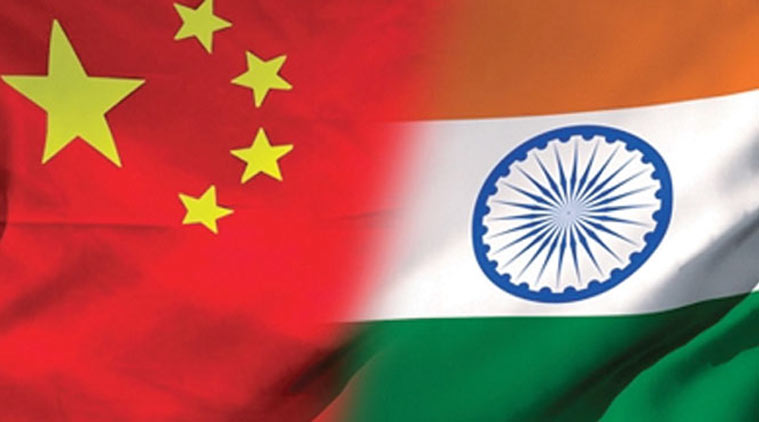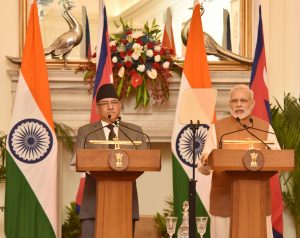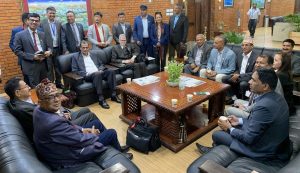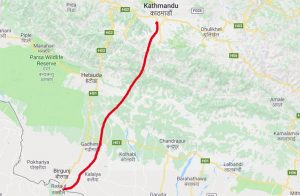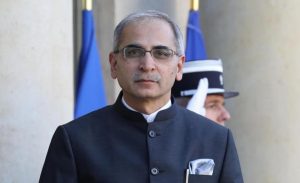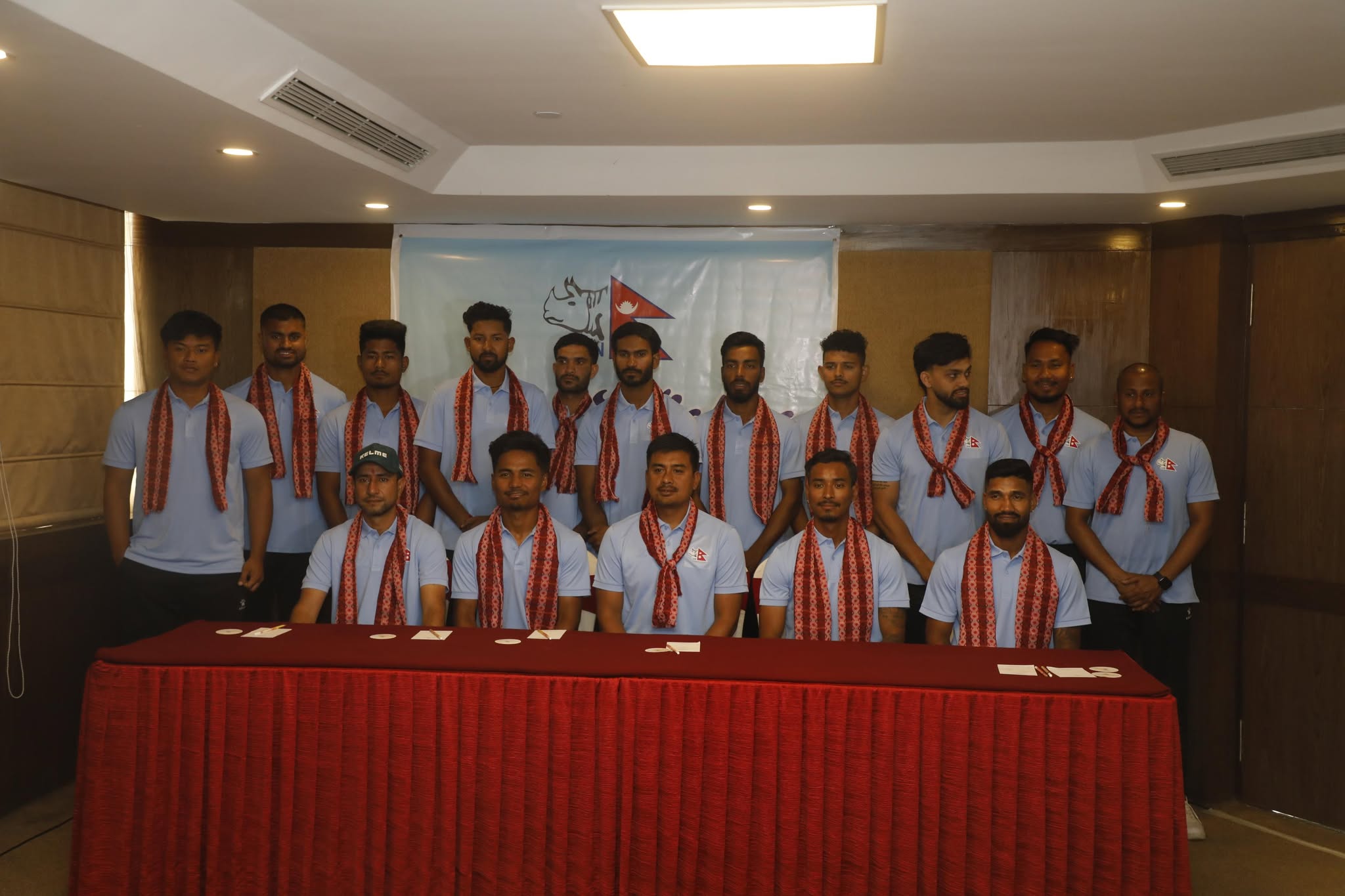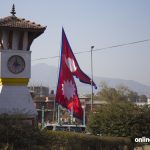In 2020, politics of Nepal continued becoming disreputable for leadership grip and berated for the government’s neglect of the pandemic. Prime Minister KP Sharma Oli’s unconstitutional step of dissolving the Lower House of Parliament is an apogee of irresponsibility in the course and is being reciprocated with sharp and widespread criticism. In this scene, the serious long engagement of India and China has also been garnering much attention.
Nepal enjoys a harmonious relationship with both India and China. China has spiked its investments in Nepal and the bond is getting stronger. Though there have been extensive cultural and economic ties with India, the relations soured in recent years.
How the present political crisis in Nepal brewed?
The then CPN-UML and CPN-Maoist Centre allied for the 2017 elections. The Nepali people gave a whooping majority to these parties in all three levels of government, with nearly two-thirds in the federal parliament and a clear victory in six out of the seven provincial governments, with hopes of future stability and uninterrupted smooth execution of national obligations which the alliance had promised. Later, the two leftist parties unified to become the Nepal Communist Party (NCP), but the unification could not be institutionalised due to frequent squabbles and a long-simmering power struggle between the party’s two chairmen, KP Sharma Oli and Pushpa Kamal Dahal.

Many talks occurred to solve the issue. On September 10, 2020, the two chairs agreed on a power-sharing deal under which Oli was entitled to remain the prime minister for the full five-year term and Dahal was given the full executive power to run the party. The agreement also included a clause of making key decisions upon mutual consultation. The deal between two factions suffered later with maliciously intended KP Oli breaching the agreement which culminated in the present crisis.
India’s engagement
In 2015, India imposed an unofficial blockade against Nepal over the new constitution which is widely believed to have stemmed from India’s feeling that it was not consulted during the constitution drafting. The then Prime Minister KP Sharma Oli took a defiant stance with India and signed treaties on trade and transit with China to counter Indian dependence.

Without any homework, May 2020, the Oli government unveiled the new map of the country including the disputed territories of Kalapani, Lipulekh and Limpiyadhura. The Indian government was infuriated by this act, however, still was reluctant to hold talks that could facilitate to solve the border issue and mend strained relations.
The patch-up between factions in the NCP on September 10 saddened India, which wanted to oust the Oli government at any cost; Oli could remain prime minister for more years to come. This made Delhi feel that it has to immediately initiate dialogues and enhance amicable relations with PM Oli.
So, India started sending a series of high-ranking officials which included the RAW chief Samant Goel, the Indian Indian army chief, the foreign secretary, and also the foreign affairs chief of the ruling Bharatiya Janata Party. These whirlwind visits sent reverberations. During the growing intimacy through visits and exchanges of thoughts, the Modi government of India realised that PM Oli was desperate for support from India and could go any lengths to secure his prime ministerial post. It realised seeing him as a nationalist and provocateur of anti-Indian sentiment was due to mere media hype and his known way to stay in power.
Listening, feigning to connect with someone’s problems and endorsing the actions taken are the best ways to win over that person. PM Oli was in minority in his party. His self-absorption and his politics of negation were constantly being challenged. So, India started feigning to listen to and support his moves, which leveraged his self-absorption, absolute ignoring of his comrades and eventually the dissolution of the parliament.
India knew its encouragement would definitely create a larger rift with the other faction which in turn would divide the party itself. India also knew the confidential meetings of PM Oli with Indian higher officials would also help in crushing the nationalist image that he had created. Thus, many believe that the unconstitutional step of dissolving the parliament was taken by the PM strengthened by India, whose present silence is also giving wind to this belief.
China’s engagement
Chinese Ambassador Hou Yanqi’s activeness to culturally connect with Nepali people has been admired. Just as infighting in the Nepal Communist Party brewed time and again with the spectre of a party split raising its head, she met various leaders and achieved success in keeping the party intact few times.

The Chinese Defence Minister Wei Fenghe also paid a visit to Kathmandu. To prevent the NCP rift, there was also the arrival of the four-member delegation led by Guo Yezhou, the vice-minister of the International Department of the Communist Party of China.
It is evident that the Communist Party of China (CCP) wants the NCP, the ruling political party in Nepal and the largest communist party in South Asia, to remain unified. To achieve this goal, China had even convinced the Dahal faction to make a sacrifice and allow Oli to remain the prime minister for the five-year term. However, the PM was not serious about the unification of the Communist Party, nor was he about national interest, his constant breaching of agreement with another faction proves.
Which is fairer play?
China and India both have a significant influence on Nepali society. Nepal, which was never a colony of any superpower in history, cannot bear any interference in its internal matters. Sovereignty and integrity are indispensable for Nepal. So, the nation had to carefully handle the engagement of other nations as the unavoidable side-effect of globalisation and regionalisation. An open-minded study on engagement of both these countries in the present scenario can help carve the future international diplomacy for Nepal.
A fair play by any country should engage the aspirations of the Nepali people. The people want stability and development, which is possible only with a responsible and undisturbed government. That is the reason why they gave a thumping majority to the communist alliance at local, provincial and federal levels.

As Deng Xiaoping, the architect of the unbelievable economic success of China, famously said, “It doesn’t matter if a cat is black or white so long as it catches mice”, people do not bother who rules, whether the Communist Party or the Congress Party as long as they can deliver development, provide quality health and education facilities, and the right to freely prosper. For the citizens of Nepal, the choice of a political party based on ideology is futile. They desperately chose the Nepal Communist Party on its promise of the rapid progress in the economy and augmentation in development activities, which has not been possible due to political instability since 1990 even after people got the right to elect their government through enfranchisement.
Though for India, stability in Nepal should be a priority even for its own interest as instability increases the risk of the influence of third countries, India is not playing a good friend’s role here. India is only thinking of weakening the communist forces presently, but in the long run, it will keep losing its respect and good wishes from the people of Nepal.
The difference in motives between sustaining the unification of the Communist Party being a priority for China and the making of the prime minister who listens to India will clearly differentiate who is playing fairer in Nepal.
The present dissolution of the parliament is an unconstitutional step under reformed provisions in the constitution promulgated in 2015 and cannot be the prime minister’s prerogative when there are many other options to form a new government. This is cheating the people, and India’s silence has proved its accomplice in this condemnable move.
The present situation of instability has put democracy and federalism in a precarious position. The Chinese have their own interest in the security of their investment and the integrity of their nation. They know the turmoil in Nepal will not serve them well. Their wish resonates with that of Nepalis, who want to sustain the hopeful momentum of institutionalisation of democracy and federalism, which can happen through stability in the government. China’s engagement intending to sustain the party unification could be helpful in the course. So, comparing to India, for open-minded observers, China is engaging fairer in Nepal.



